"Beam Me Up, Scotty": Exploring Star Trek's Most Famous Misquote and the Mandela Effect
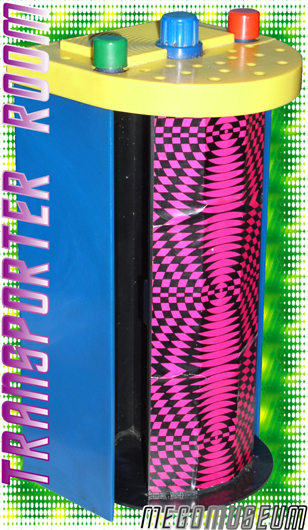
Alt text: A medium shot of Captain Kirk on the transporter pad. The transporter room's dimly lit ambiance highlights the anticipation before beaming up.
As a media psychologist and a lifelong Star Trek enthusiast, I've always been fascinated by how deeply embedded the show is in our collective consciousness. One particular phenomenon that continues to intrigue me is the pervasive misremembering of a specific phrase: "Beam me up, Scotty." It's a line almost universally associated with Captain Kirk, conjuring images of daring escapes and intergalactic adventures. Yet, here's the rub: Kirk never actually utters those exact words in Star Trek: The Original Series (TOS). This discrepancy is a prime example of the Mandela Effect, a shared false memory experienced by a large group of people. So, why do so many of us distinctly remember hearing "Beam me up, Scotty" when it never happened? Let's delve into the psychological and cultural forces at play.
The Illusion of Memory: Cognitive Psychology and Star Trek
The Mandela Effect, named after the widespread false memory of Nelson Mandela's death in prison, highlights the fallibility of human memory. Our brains aren't perfect recording devices; instead, they reconstruct memories based on fragments of information, biases, and external influences. In the case of "Beam me up, Scotty," several cognitive processes contribute to this shared misremembering:
1. Source Monitoring Error: Confusing the Origins
Source monitoring error occurs when we misattribute the source of a memory. In simpler terms, we remember the information but forget where we learned it. With Star Trek, viewers might conflate their memories of the original series with later adaptations, parodies, or even fan fiction.
For example, "Scotty, beam us up" does appear in Star Trek: The Animated Series. While not TOS canon for some, its existence could certainly muddy the waters.
2. Suggestibility: Planting the Seed of False Memory
Suggestibility refers to the tendency to incorporate information from external sources into our memories, even if those sources are unreliable. Constant exposure to variations of the phrase "Beam me up" in popular culture, often used in a humorous or exaggerated way, can subtly influence our recall. The more frequently we hear or see a variation of the phrase, the more likely we are to remember it as the "true" quote, regardless of its actual origin.
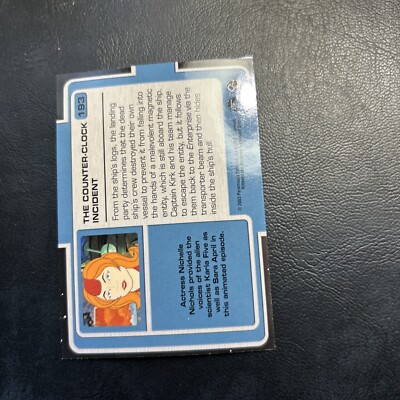
Alt text: Scotty at his station on the bridge of the USS Enterprise. The focus is on his hands working the transporter controls as he is about to beam someone up.
3. The Power of Popular Culture: Shaping Collective Memory
Star Trek's impact on popular culture is undeniable. The show has spawned countless spin-offs, movies, books, and merchandise, each contributing to the overall Star Trek narrative. This constant reinforcement of the show's themes and characters, even through inaccurate quotes, solidifies the "Beam me up, Scotty" phrase in the collective memory. The phrase itself has become shorthand for immediate extraction from a difficult situation, further cementing its place in our cultural lexicon.
What Kirk Actually Said: Examples from TOS
While the exact phrase "Beam me up, Scotty" is absent, Star Trek: The Original Series does feature several variations that likely contribute to the misremembering. Here are a few examples:
- "Beam us up, Scotty": This variation appears in Star Trek: The Animated Series episode "More Tribbles, More Troubles" (approximate timestamp difficult to pinpoint in animation).
- "Beam them up": A common directive given to Scotty when rescuing crew members from a planet's surface.
- "Beam me aboard": Another similar phrase used by Kirk in various episodes.
These actual lines, often delivered in urgent situations requiring immediate transport, provide the foundation for the misremembered phrase. The context of these lines – a desperate need for rescue, the urgency of the situation, the reliance on Scotty's engineering skills – all contribute to the iconic image we associate with the "Beam me up, Scotty" quote.
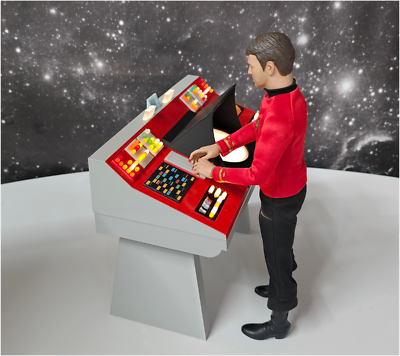
Alt text: Captain Kirk on the bridge, deep in concentration. The lighting highlights his expression and authority.
The Evidence: Script Analysis and Cast Interviews
The absence of the phrase "Beam me up, Scotty" in the original scripts is well-documented. Websites like st-minutiae.com, dedicated to meticulously cataloging Star Trek details, provide access to episode transcripts that confirm the lack of the exact phrase. Furthermore, interviews with the original cast and crew, including William Shatner and James Doohan, consistently address this misremembering.
In his autobiographies, Shatner often jokes about the "Beam me up, Scotty" phenomenon, acknowledging the widespread belief that he uttered the phrase while also confirming its absence from the original series. He often quips about fans approaching him and reciting the line, showcasing its deep entrenchment in public perception. Similarly, interviews with James Doohan reveal his amusement at being so closely associated with a phrase he never actually heard Kirk say on screen.
From Star Trek to The Simpsons: The Evolution of a Misquote
The "Beam me up, Scotty" phrase has transcended its Star Trek origins, becoming a ubiquitous part of popular culture. It's been adapted, parodied, and reinterpreted in countless works, solidifying its place in our collective consciousness.
- The Simpsons: The phrase has appeared in multiple episodes, often used humorously to depict a character's desire to escape an awkward or undesirable situation.
- Futurama: Similar to The Simpsons, Futurama has also incorporated the "Beam me up, Scotty" reference, using it for comedic effect.
- Other Sci-Fi Media: Countless other sci-fi shows and movies have paid homage to Star Trek by referencing or parodying the "Beam me up, Scotty" phrase.
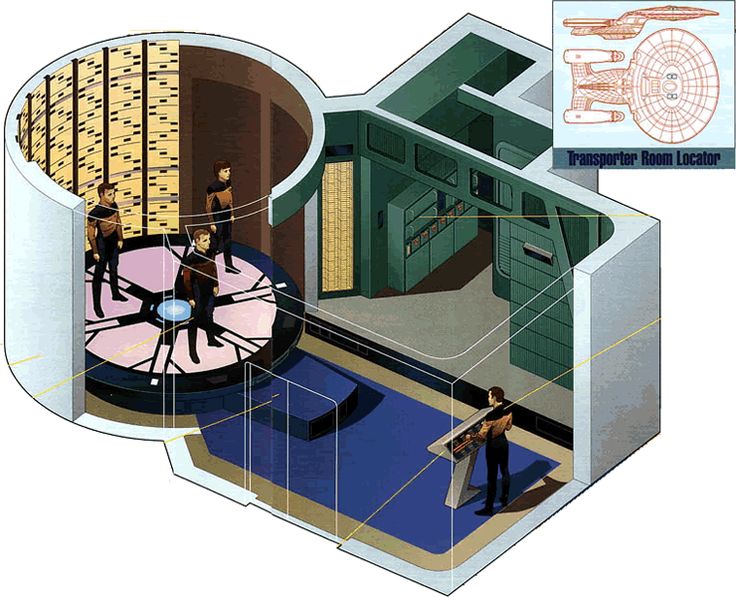
Alt text: A parody scene from The Simpsons which shows them dressed as Star Trek characters.
This widespread use of the misremembered phrase further reinforces its perceived authenticity, contributing to the ongoing Mandela Effect. The phrase has evolved from a simple line of dialogue (which never existed) to a cultural touchstone, representing the power of science fiction, the allure of technology, and the human desire for escape.
The Psychology of Misremembering: A Balanced Perspective
While the verifiable lack of the "Beam me up, Scotty" phrase in Star Trek: The Original Series is undeniable, it's important to approach this phenomenon with a balanced perspective. The misremembering is not a sign of mass delusion or ignorance; rather, it's a testament to the complex and often unreliable nature of human memory.
The power of suggestion, the influence of popular culture, and the inherent fallibility of our cognitive processes all contribute to this shared false memory. The emotional connection that many people have with Star Trek, a show that embodies optimism, exploration, and the potential of humanity, further amplifies the impact of these psychological factors.

Alt text: A group of crewmates from the Enterprise looking determined.
Conclusion: Embracing the Paradox of "Beam Me Up, Scotty"
The "Beam me up, Scotty" instance of the Mandela Effect is a fascinating case study in the power of collective memory and the fallibility of human recall. While the exact phrase never appeared in Star Trek: The Original Series, its enduring presence in popular culture speaks volumes about the show's cultural impact and the psychological processes that shape our memories.

Alt text: A Star Trek communicator showing the simple, yet effective design of the device used to communicate on Star Trek.
So, the next time you hear someone say "Beam me up, Scotty," remember that you're not just hearing a misquote; you're witnessing the power of collective memory, the influence of popular culture, and the enduring legacy of Star Trek. It's a paradox, a shared illusion that has become as iconic as the show itself.

Alt text: Scotty is working at the transporter console, his brow furrowed as he focuses on the task at hand.
Ultimately, the "Beam me up, Scotty" phenomenon reminds us that memory is not a fixed entity, but a fluid and ever-changing construct, shaped by our experiences, our emotions, and the cultural narratives that surround us. Perhaps, in a way, the misquote has become more significant than the original show itself, a testament to the enduring power of Star Trek to capture our imaginations and shape our collective memory. Live long and prosper... and remember, sometimes the stories we tell ourselves are just as important as the truth.
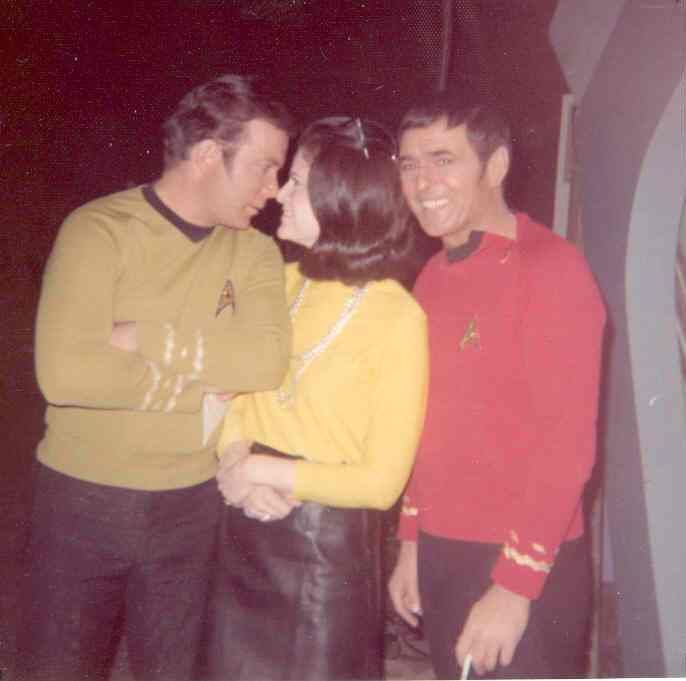
Alt text: A shot of the USS Enterprise traveling through the vast emptiness of space.